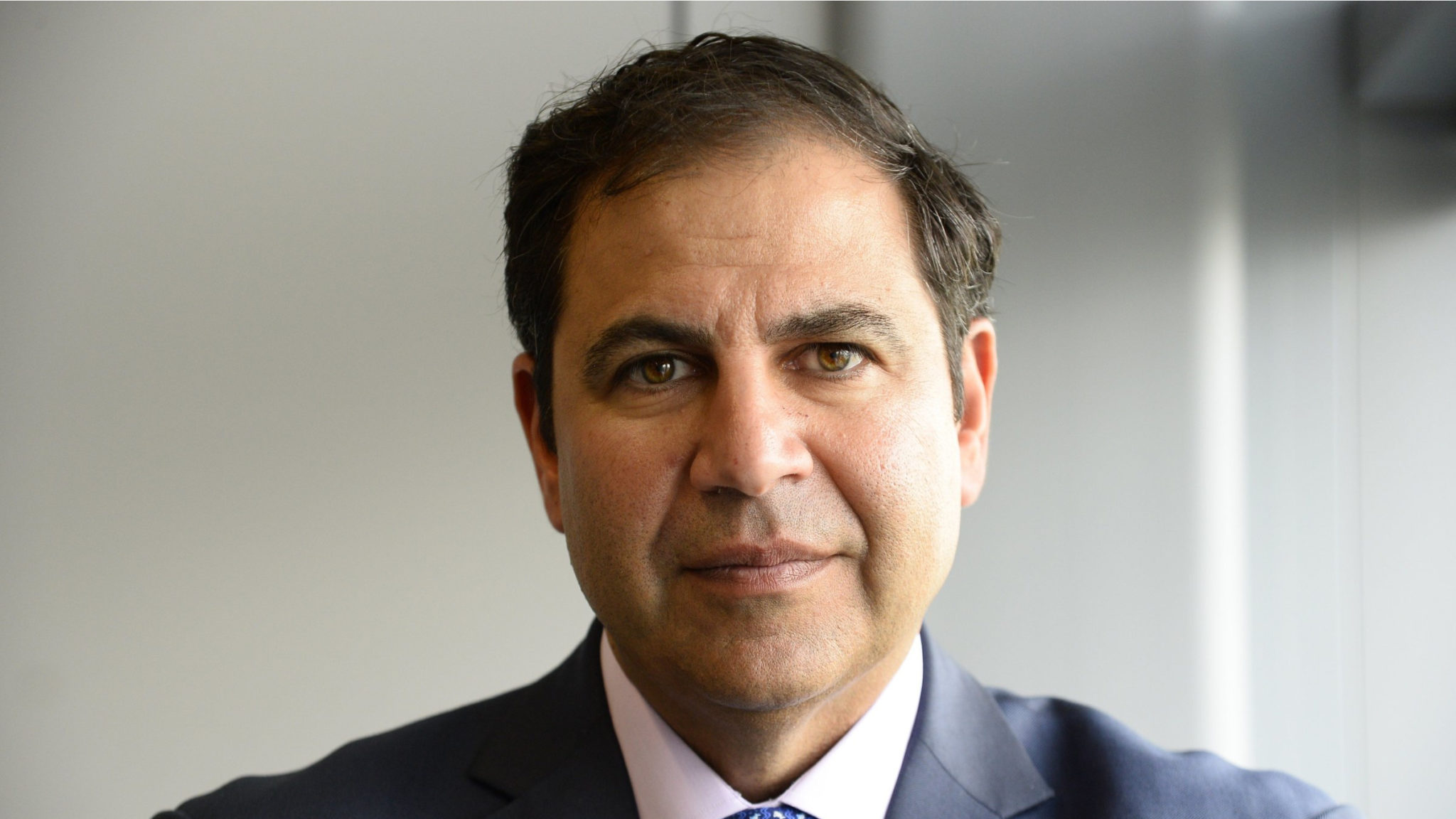
AlloVir tests how much an antiviral biotech can reap in a pandemic stock market
The pandemic stock market has proven fruitful for virtually any type of biotech. Now a 7-year-old cell therapy startup will see how much it can yield for a company that specializes in fighting viruses.
AlloVir, a company that until 2019 largely lived off grant money, has filed for a $100 million IPO to back its line of off-the-shelf, virus-fighting T cells. Although in normal circumstances, $100 million could be a solid return for a biotech that got its first major round of funding only last year, we’ll have to wait to see how much the company ultimately earns. As Covid-19 has sent investor money scurrying to almost anyone in drug development, every single biotech to go public this year has prized above their midpoint or upsized their offering, according to Renaissance Capital, sometimes dramatically so.
Unlock this article instantly by becoming a free subscriber.
You’ll get access to free articles each month, plus you can customize what newsletters get delivered to your inbox each week, including breaking news.